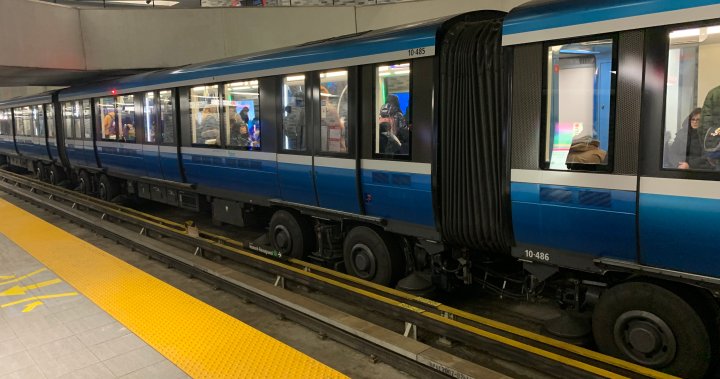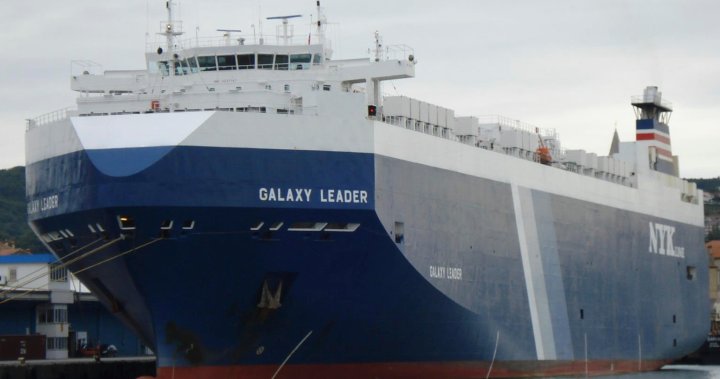Advocates of public transit in Montreal say there are plenty of ways the government can boost its revenues to improve mobility.
Various public interest groups released a plan they claim could generate up to $900 million a year in new funding.
L’Alliance Transit, a public transit advocacy group, claims increases to the provincial fuel tax and vehicle registration fees indexed to the rate of inflation could generate $694 million in annual funding for public transit. Combined with increases in the carbon tax for public transit, the total could reach close to $900 million a year, they say.
“It’s the easiest, most achievable solution that we have to offer that could be implemented right away today,” Francis Garnier of Alliance Transit told Global News.
The group insists that funding for public transit isn’t sufficient to attract new users and encourage more people to leave their cars at home.
“We have to have more services for public transit users to be able to rely on public transit and for people to be able to leave one car at home and go to work or school using public transit,” Sarah Doyon of Trajectoire Québec told Global News.
Get the latest National news.
Sent to your email, every day.
Doyon insists one of the biggest challenges remains improving bus service in the suburbs outside of rush hour.
“Outside of this, it might be very complicated so that’s why we have to improve services so we can have frequent lines everywhere and going everywhere,” she said.
The government is investing billions of dollars in the construction of the REM (Réseau express métropolitain) electric train network and its funding construction of the future blue metro line of the STM (Société de transport de Montréal).
Advocates support these projects but say more needs to be done to improve existing transit systems.
“Let’s make sure that public transit is the main investment.” Charles Bonhomme of the David Suzuki Foundation told Global News.
Bonhomme says it’s encouraging to see a high volume of electric cars on the roads, but he says that doesn’t improve the problems of congestion.
It’s a feeling shared by Florence Junca-Adenot, a professor at the Université du Québec à Montréal.
”The economic impacts and environmental impacts are so high that we must invest,” Junca-Adenot told Global News.
Details of how much the government will invest in public transit will be revealed when it announces the 2024-2025 budget, likely next month.
© 2024 Global News, a division of Corus Entertainment Inc.




